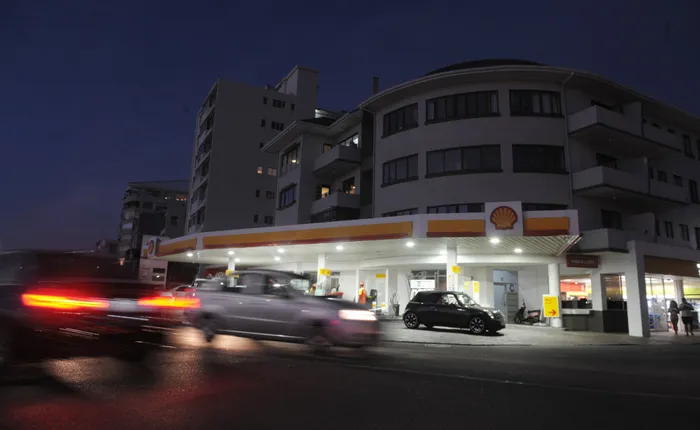2025 Budget Speech 3.0 brings fuel tax increase: here’s how it will affect June fuel prices

June will see fuel taxes increasing by 15 to 16 cents.
Image: Armand Hough / Independent Media
Following much political strife, Finance Minister Enoch Godongwana presented Treasury’s revised 2025 Budget on Wednesday, as the third official attempt to balance South Africa’s finances since February’s contested speech.
While the previously announced 1% Value Added Tax (VAT) hike falls away, following considerable pressure from within the Government of National Unity (GNU) as well as from opposition parties, Treasury now has an additional R61.9 billion shortfall to fund over the next three years.
Although a number of tax increases had been expected, the Minister announced in his third Budget Speech that the only new tax proposal would be an inflation-based increase in the General Fuel Levy (GFL) for the 2025/26 fiscal year.
This will see the GFL on petrol increase by 16 cents to R4.01, while the diesel tax will rise by 15 cents to R3.85.
This raises the total tax on petrol to R6.37, factoring in the R2.18 Road Accident Fund levy, which remains unchanged, as well as the 14 cent carbon tax penalty and four cent customs and excise duties.
However, a stronger rand could shield South Africans from the fuel tax increase in June, with the latest data from the Central Energy Fund showing an over-recovery of 22 cents for both grades of petrol and 49 cents for diesel.
As over-recoveries point to fuel price decreases for the following month, this could mean the fuel price levy increase is effectively cancelled out, while diesel should still see a modest price decrease.
That said, recent upward movements in international fuel prices could still sway the equation towards a small petrol price increase next month if current trends persist.
The bottom line is that petrol price movements will almost certainly be moderate in June, not straying far from the current prices of R21.40 for 95 Unleaded at the coast and R20.60 inland, where 93 ULP retails for R21.29.
Inland petrol is currently just 17 cents more expensive than it was in January this year, and this stability has contributed positively to the country’s lower inflation outlook for the year.
Fuel prices have remained a major disinflationary force, says Casey Sprake, economist at Anchor Capital.
“The sustained softness in global oil prices (despite rand volatility) has played a key role in tempering domestic inflation,” Sprake said.
“This not only eases direct costs for consumers at the pump but also reduces input and transport costs for businesses, indirectly alleviating pressure on broader price levels.”
Get your news on the go, click here to join the IOL News WhatsApp channel
IOL
Related Topics: